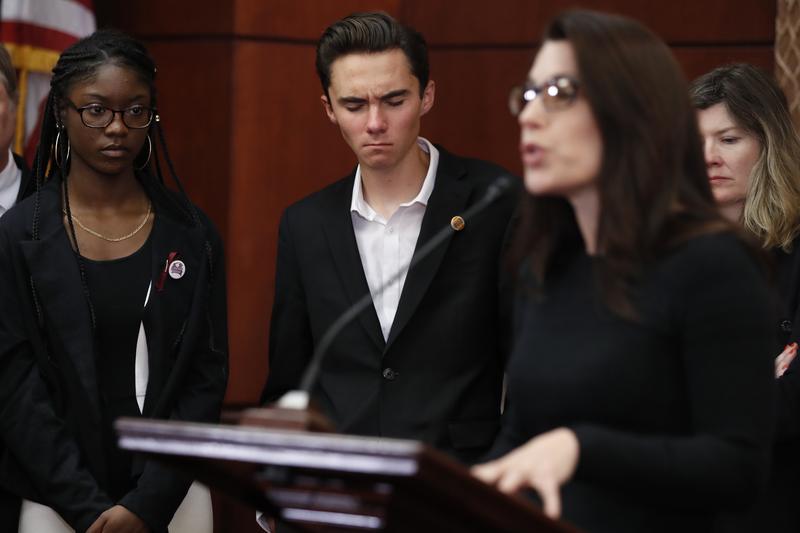
Following the mass shooting in Parkland, Florida, young people across the country are gearing up for this Saturday's March for Our Lives to protest gun violence and call for reforms to our firearms laws.
"One of the myths that I hope this moment can help dispel," Lalitha Vasudevan, a professor at Teachers College at Columbia, told WNYC, "is the myth of the disengaged adolescent."
And yet, this is far from the first time we've heard from young people essentially saying, 'Stop shooting us.' Black Lives Matter has been protesting against police shootings and wrongful shooting deaths for years. So what makes the emergence of the Parkland survivors different?
"The people are seeing themselves in the young people," said Vasudevan, "and this is a challenging thing to digest. The attention that the young people who've been marching and advocating and being activists within the Black Lives Matter movement have not received the kind of exaltation and adulation and financial support that the young people of Parkland are receiving."
At the same time, Vasudevan said, this is a moment that has benefited from the Black Lives Matter movement.
"What happened with that movement, with the rise of young people, was an initial wave of seeing young people as—not just having something to say, which they always have—but as worthy of being listened to."
Lalitha Vasudevan spoke with WNYC's Richard Hake about the role of youth leadership going into this weekend's march.
